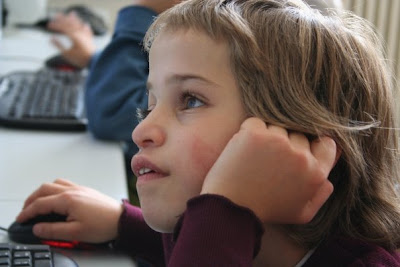I have very few memories with Liel. It pangs me to say, to write, to admit. It’s upsetting to have such few memories with someone who you are supposed to be so close to. Every time I didn’t see her, or the other kids, in Israel, every time I used the excuse that I would be back, that there would be more time to visit seems trivial now. The truth is that 99.9% of the time there is a later. And there’s no way to predict when that later won’t come. Instead of beating myself up about the lost time, I am eternally grateful for the memory of Liel I have, and I would like to share that memory with you.
In 10th grade I spent a semester abroad in Jerusalem and decided to spend a Shabbat with my cousins Idan, Sapir, and Liel in their home in French Hill. It was a phenomenal Shabbat, one I talked about for months afterwards. These children were beautiful- gorgeous faces and smiles and fresh energy excited to spend time with their cousin form America. My aunt Leora cooked the most delicious chicken, Sapir and I read in English together, and Idan and I stayed up all night playing Connect 4 (which I schooled him in). All the while the three kids fought over who got to sit on the beanbag chair that our Aunt Shirah had gotten for them as a present earlier that month. After Idan went to bed I chatted with my Uncle Mike catching up until I fell asleep. (Every time I see my Uncle Mike he remembers me as the 10th grade girl from that Shabbat, even though I have spent time with him almost every year since). The next morning, the three kids and I continued to play and talk. At some point we realized that Lieli had wandered away and we went to find her. And boy were we not ready for what we found. Liel had taken the beanbag chair to claim as her own, moved it to her room, and subsequently pulled it apart spilling all of the little beans inside of it. Idan, Sapir, and I burst into a fit of laughter when we saw Liel sitting there amidst a sea of white balls. She had claimed her territory, queen of the beanbag chair, and we all jumped into the sea to join her, throwing tiny white balls of beenbag chair-filling at each other. I am convinced that to this day they still find remains of the chair-filling in their house. Aunt Shirah—if you were wondering, that beanbag chair was put to great use by all of us.
When you think of someone who brought so much joy and overcame so many challenges, you wonder, how do you find God in this empty space? In Hebrew, Liel, means “my God.” Liel’s organs have been donated and as of now, four people are going home form the hospital healthier and happier than before. Liel continues to live through those who have her lungs, kidneys, and pancreas. This is one profoundly physical and beautiful way that God is found in our realm.
Now, more than ever, her name seems appropriate. Through her challenges and her enduring smile I know that she taught so many people, as my Uncle Michael wrote, “lessons of acceptance, the need for a prolonged patience, and the value of unconditional love.” Where do we find God? Precisely in these lessons that Liel has taught those around her. By remembering and emulating acceptance, patience, and unconditional love, we testify to Liel and her legacy as an embodiment of God on earth.
May her name be a blessing.
